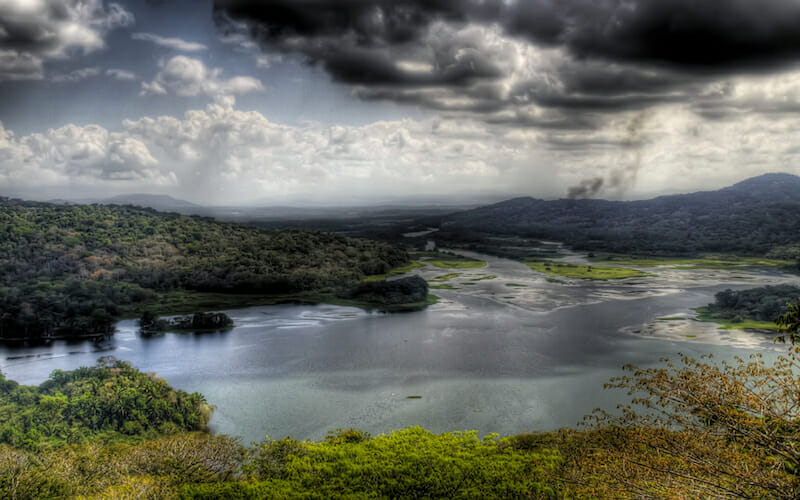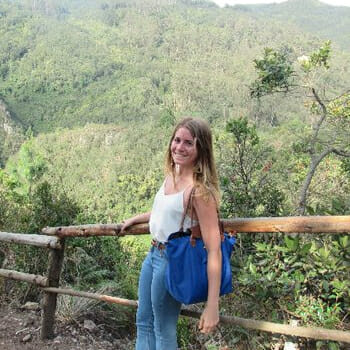
Choosing the Long-term in Panama: Protect the Environment, Ban Surface Mining
In Panama, more than 120,000 acres of rainforest are lost every year due to deforestation. The growth of Panama’s mining industry will lead to further destruction of some of the most unique animal and plant species in the world.
The government of Panama prioritizes money over conservation. It continues to grant mining concessions to private firms in exchange for millions of dollars. Panama should ban surface mining and give priority to the long-term benefits of protecting the environment.
Surface mining involves the removal of the earth to reach the minerals underneath. If water is nearby, it will be contaminated. If trees are in the way, they will be cut down or burned. If a mountain is in the way, it will be blasted. Most gold and copper reserves in Panama are located in indigenous lands. Mining projects in protected lands force people from their homes and prevent them from accessing clean water. In other words, surface mining destroys ecosystems, creates health hazards and leads to the displacement of communities.
Panamanian law requires mining projects to meet certain environmental standards. However, the government grants mining concessions even when they fail to meet those standards. When corruption and bribes blind politicians, the country’s natural heritage ends up paying the biggest price.
A ban on surface mining would save the environment from further deterioration and safeguard the country’s unique wildlife. The country has more bird species than the US and Canada combined, but reckless harm to the environment disrupts important migratory routes, destroys species’ habitats, and reduces wildlife population. Any type of regulation will work only on paper. It is impossible to restore biodiversity and natural resources after the exploitation of metals begins. There is no such thing as ‘sustainable mining’ -no matter how much mining companies like to insist there is.
Numerous health problems result from exposure to chemicals released in surface mining. Indigenous communities are directly threatened. They are no longer able to obtain fresh water, since rivers have become contaminated. They are no longer able to feed themselves, since crops and livestock have been killed. They can no longer live in the land that belongs to them, since the territory becomes unsafe and unsustainable. Indigenous groups and the government clash because of the mining industry’s greed.
Around the world, travel trends have shifted towards ecotourism. Panama’s rainforests and beaches today draw tourists from all over the world. By banning surface mining, Panama will join a group of countries that are committed to sustainability and the protection of our planet. Ensuring the well-being of local people and the preservation of the environment will increase tourism, one of the most important sectors of the country’s economy.
Panama has the fastest growing economy in Latin America. The revenue from the expanded Panama Canal, the banking, commerce, and tourism sectors, as well as high public investment in infrastructure projects, will keep annual GDP growth at above 5%. A ban of surface mining has short-term costs but will result in long-term health, environmental, and ecotourism benefits. The country can establish a national commission on biodiversity. This will create jobs in environmental research, sustainability, agriculture, and ecotourism. These will be open to farmers, indigenous peoples, botanists, researchers, tour guides, and trail leaders.
Though a tiny isthmus, Panama has a huge importance in the world, thanks to its geographical position. After emerging from the ocean 15 million years ago, Panama became the bridge connecting the North and South American landmasses. This unique ecology should not be exploited, but protected.
Too many lawmakers fail to visualize the long-term and irreversible damage that mining operations bring to the country. Even long after mines shut down, contamination persists and spreads for decades. It is only fair to ask if politicians want infertile land, a degraded environment, and citizens with constant respiratory and skin problems – or a prosperous, sustainable country with a bright ecotourism future. It is not too late to take legal action and protect what is left of one of the most biologically diverse areas in the world.

